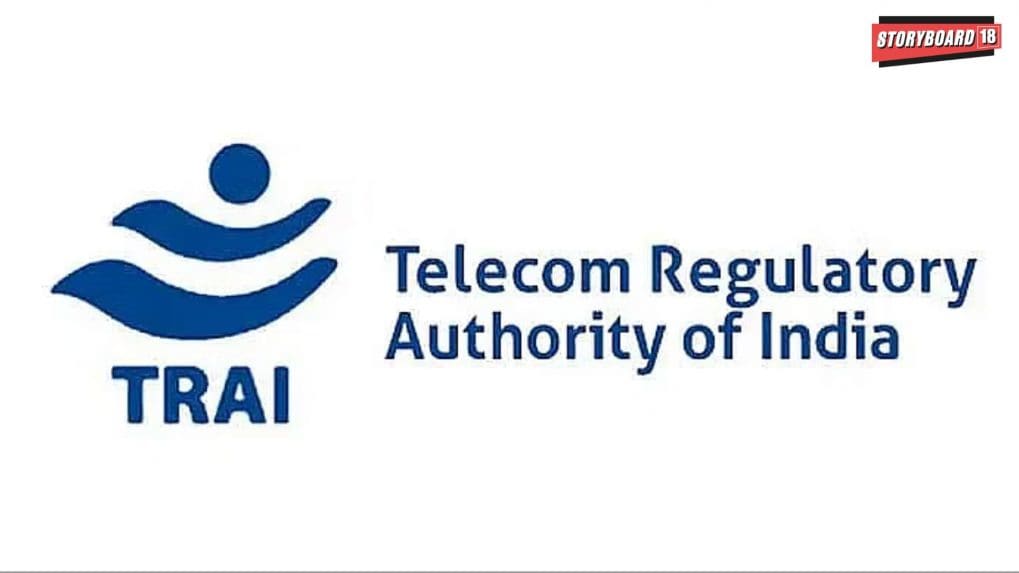TRAI flags rise in cyber frauds using its name; warns public against ‘Digital Arrest’, SIM deactivation scams
From fake mobile tower schemes to forged letters and calls threatening arrest, TRAI cautions citizens against sharing personal information or transferring money to impersonators.
ADVERTISEMENT
The Telecom Regulatory Authority of India (TRAI) has issued a strong public advisory alerting citizens to a surge in financial and cyber frauds carried out by criminals misusing its name. In a detailed statement, the regulator warned that its identity is being fraudulently used in scams such as “digital arrest” threats, SIM deactivation warnings, fake mobile tower installation offers, and forged letters or emails—often targeting unsuspecting and vulnerable users.
Read more: TRAI engages with Joint Committee of Regulators to discuss measures against fraud communications
One of the more alarming scams flagged by TRAI is the so-called “digital arrest” fraud. In this scheme, callers impersonate TRAI or law enforcement officials, falsely accusing individuals of involvement in telecom or financial violations. Victims are intimidated with fake legal notices, threats of arrest, or bank account freezes and are coerced into transferring money under the guise of bail, fines, or verification procedures.
TRAI clarified that it does not engage in any such activities.
“TRAI does not initiate any communication with customers regarding mobile number disconnection via calls or messages. It has also not authorised any third-party agency to do so,” the advisory states. The regulator emphasized that it neither conducts investigations nor collects any payments via phone calls, messaging apps, or video platforms.
Among the other fraudulent practices being reported are:
- SIM deactivation scams, where users are falsely informed that their mobile connection will be suspended due to incomplete KYC, prompting panic-induced sharing of personal data or immediate payments.
- Fake mobile tower installation offers, which lure victims with promises of lucrative rental income in exchange for an upfront registration fee—often accompanied by forged documents claiming TRAI approval.
- Forged letters and emails bearing TRAI’s logo or name, used to justify fake investment opportunities, demand compliance fees, or request sensitive information.
Read more: TRAI issues directives to access providers to curb misuse of messaging services
TRAI reiterated that as an independent statutory authority under the TRAI Act, 1997, its mandate is to regulate telecom and broadcasting services, recommend policy measures, and monitor service quality—not to engage in enforcement actions or customer-level investigations.
The advisory specifically urged citizens not to share Aadhaar numbers, bank details, OTPs, or any other sensitive information in response to unsolicited calls or messages. It also recommended the following measures:
- Hang up on threatening or suspicious calls immediately
- Do not respond to video calls or messages requesting money
- Verify claims through official websites or government helplines
- Report scams to the National Cybercrime Helpline (1930) or www.cybercrime.gov.in
- Use TRAI’s “Chakshu” feature on the Sanchar Saathi portal or the DND app to report suspicious numbers
Read more: TRAI urges telcos to take immediate action to curb pesky calls
TRAI particularly urged senior citizens and those who are less digitally experienced to exercise caution. “Awareness is the first line of defense. By staying alert and reporting early, we can collectively stop the spread of such fraudulent activities,” the advisory concluded.
As digital scams continue to evolve, TRAI’s warning serves as a timely reminder to verify before trusting—and to think twice before clicking, sharing, or paying.


